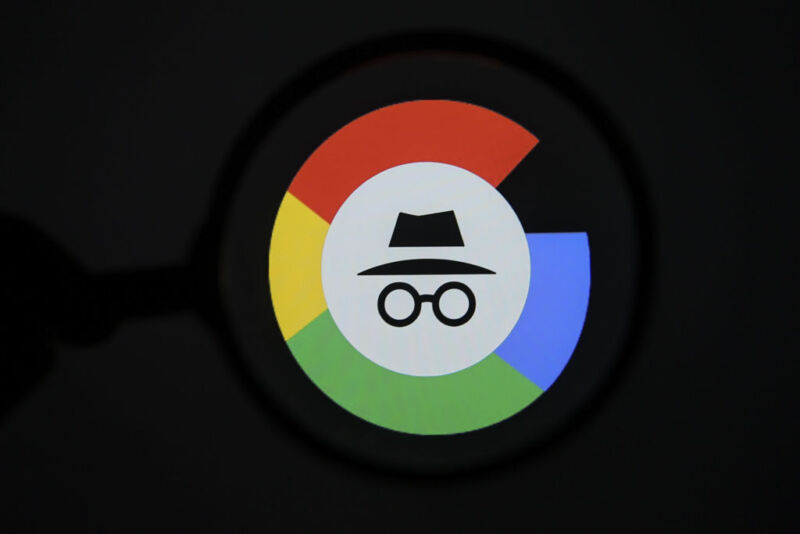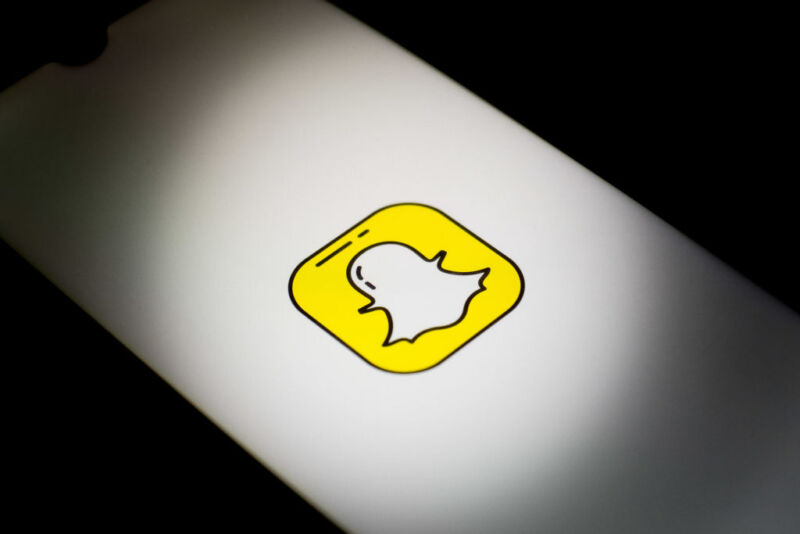-
 chevron_right
chevron_right
OpenAI drops login requirements for ChatGPT’s free version
news.movim.eu / ArsTechnica · Monday, 1 April - 22:31 · 1 minute

Enlarge (credit: Benj Edwards)
On Monday, OpenAI announced that visitors to the ChatGPT website in some regions can now use the AI assistant without signing in. Previously, the company required that users create an account to use it, even with the free version of ChatGPT that is currently powered by the GPT-3.5 AI language model. But as we have noted in the past , GPT-3.5 is widely known to provide more inaccurate information compared to GPT-4 Turbo , available in paid versions of ChatGPT.
Since its launch in November 2022, ChatGPT has transformed over time from a tech demo to a comprehensive AI assistant, and it's always had a free version available. The cost is free because " you're the product ," as the old saying goes. Using ChatGPT helps OpenAI gather data that will help the company train future AI models, although free users and ChatGPT Plus subscription members can both opt out of allowing the data they input into ChatGPT to be used for AI training. (OpenAI says it never trains on inputs from ChatGPT Team and Enterprise members at all).
Opening ChatGPT to everyone could provide a frictionless on-ramp for people who might use it as a substitute for Google Search or potentially gain new customers by providing an easy way for people to use ChatGPT quickly, then offering an upsell to paid versions of the service.



